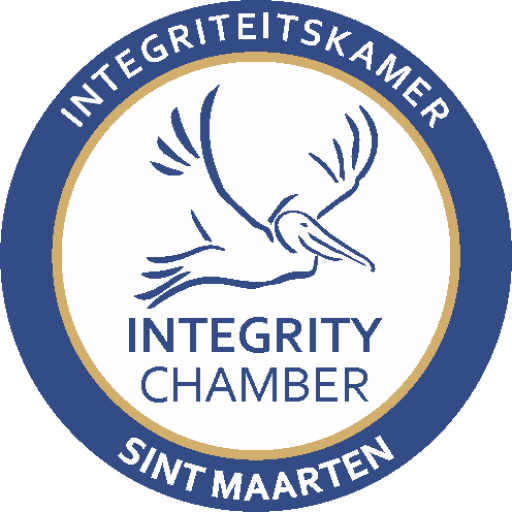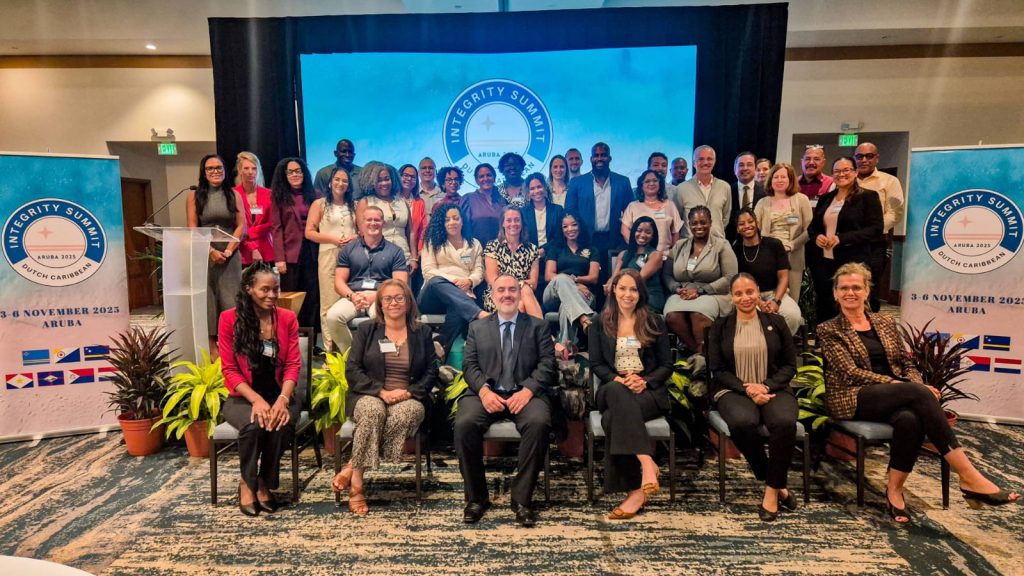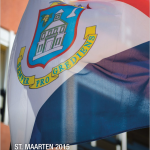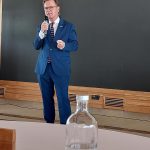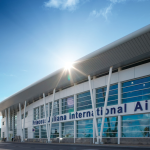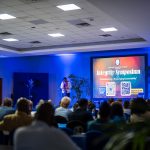Aruba — November 2025 — From November 3 to 6, the third Integrity Summit Dutch Caribbean was held in Aruba, organized by the Aruba Integrity Office in collaboration with integrity professionals from the six islands and representatives of the Ministry of the Interior and Kingdom Relations (BZK). The Summit was officially opened by the Prime Minister of Aruba, Mike Eman, and Aruba’s Minister of Justice, Integration, and Public Transportation, Arthur Dowers, who underscored that the pursuit of the common good—“the common good as the guiding star”—must guide the actions of administrators and civil servants.
Over four days, participants engaged in a series of presentations, role-playing exercises, interviews, and panel discussions addressing key issues relevant to integrity professionals across the region. Topics included conducting and documenting integrity investigations, the growing emphasis on cross-border misconduct, the position and protection of whistleblowers, and the importance of effective communication in situations involving alleged integrity breaches. Participants also expressed concern that broader societal shifts—such as changing social norms and economic conditions—along with organizational pressures, including high workloads, limited resources, and constrained personnel capacity, are increasingly testing the resilience of managers and civil servants. The Summit highlighted the crucial role of leadership in promoting integrity, as well as the need to strengthen support systems for leaders working in complex environments.
Alejandro Salas, Head of Global Movement at Transparency International, delivered the keynote address, emphasizing that while countries may differ widely, corruption remains similar in its intent and impact: “It always comes down to gaining personal benefit at the expense of the public good.” Salas stressed the importance of systematizing and digitizing procedures to reduce opportunities for abuse and highlighted transparency, accountability, and collaboration as essential values in a time of “democratic backsliding.” He further emphasized that promoting integrity within organizations is not the responsibility of integrity professionals alone but requires the active involvement of executives, employees, and citizens.
Guest speaker Lousewies van der Laan, Director of the Dutch chapter of Transparency International, reinforced this message by highlighting the vital role of an active and engaged civil society in strengthening integrity and good governance.
A total of 15 organizations were represented at the Summit, including the Integrity Chamber of Sint Maarten, the Integrity Office of the Netherlands Caribbean Civil Service (RCN), and the integrity offices of Aruba, Bonaire, and Sint Eustatius. Curaçao was represented by the Ministry of Governance, Planning, and Services, and Saba by the Public Entity Saba. Integrity portfolio holders from several national and collaborative services also participated, including the Joint Court of Justice, the Office of the Attorney General, the Coast Guard, the Royal Netherlands Marechaussee, and the College of Police Chiefs.
Throughout the Summit, participating organizations shared both their achievements and challenges. Notable developments included the recent establishment of the integrity office on Sint Eustatius and ongoing efforts in Curaçao and Saba to update plans for establishing their own offices. Curaçao also presented its first concrete integrity tools, including an integrity scan and a podcast.
According to the organizers, this third Integrity Summit marks a significant new phase in regional cooperation among integrity professionals in the Dutch Caribbean. Beyond the exchange of knowledge and experiences, there is now a clear and shared commitment to building a sustainable platform for collaboration, enabling joint initiatives and the long-term strengthening of integrity practices across the region.
